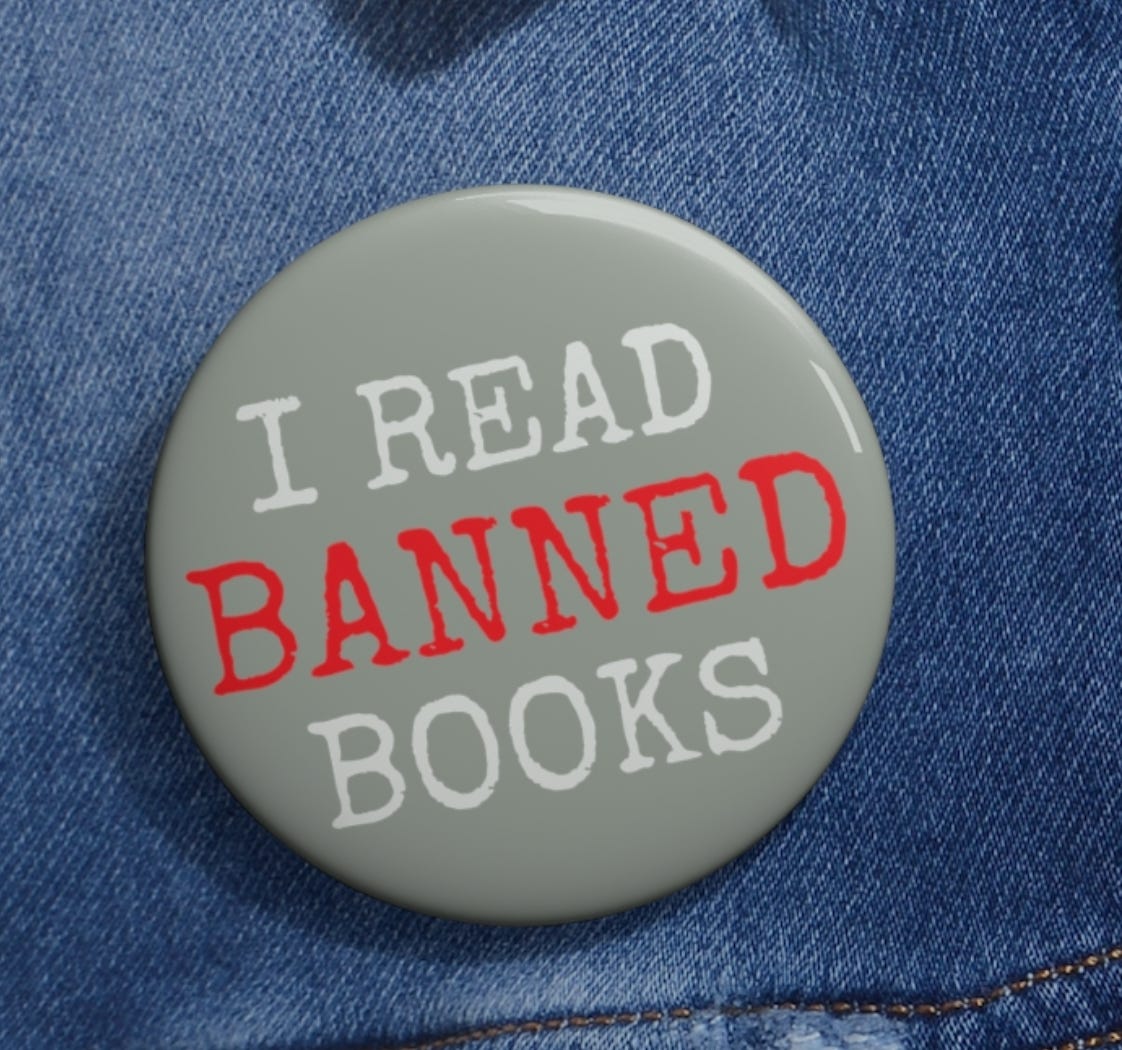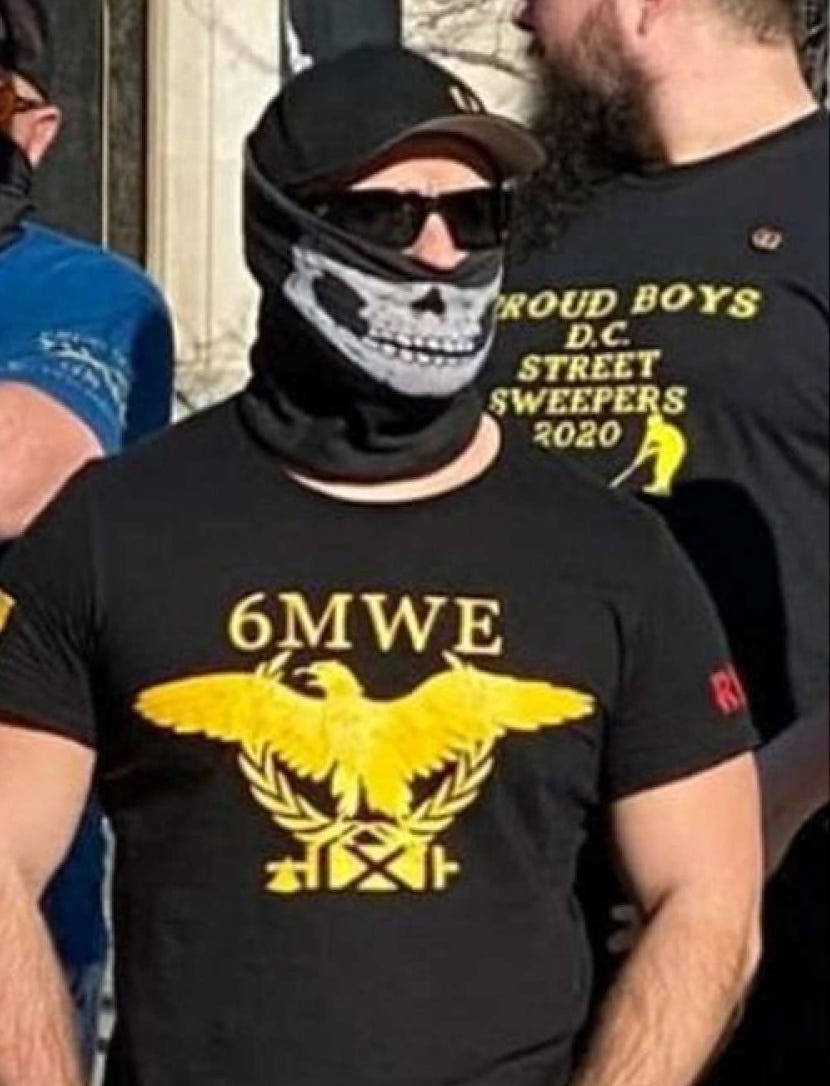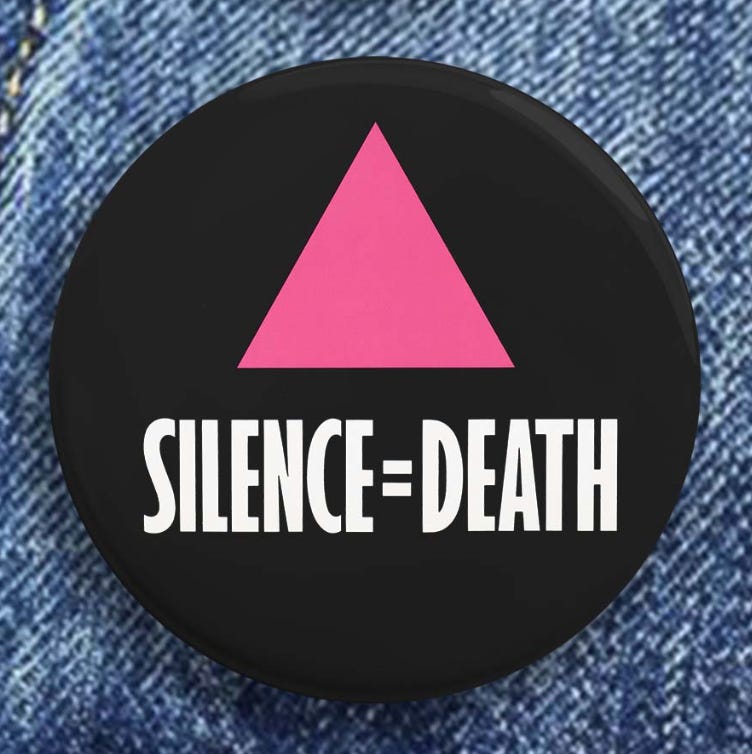I stood on line outside the Anne Frank House. The day had turned colder and grey, but the chill felt good and was helping me stay awake. I’d barely slept on the flight over and had been up since two in the morning.
A museum employee approached to scan my ticket and check my vaccine card. She asked me something in Dutch. “I’m sorry, I only speak English,” I said. On the flight over I had tried to learn some essential Dutch phrases—I think it’s rude not at least to try to speak the language of the country you’re visiting—but after ten minutes I realized that the only Dutch word I could pronounce without hurting myself was “Ja.”
“Oh, you look Dutch,” she said. And I felt relieved. It felt safe, if not good, to know that people didn’t automatically identify me as an American. It also made me quite sad.
As I made my way through the different floors of the house, I didn’t learn much I hadn’t already known—except that the day on which the law requiring Jews in Amsterdam to wear yellow stars went into effect was the same as my birthday. I was there to pay homage, to offer my respect, to fulfill an obligation to remembrance.
When I emerged, the sky was uniformly grey and the wind had picked up. Although it was cold, I sat by the canal. For the first time in a very long time I craved a cigarette. I felt still and poised (as in on the edge of something, not composed). I didn’t feel anything; my mind was blank. I don’t know how long I sat there, but after a time I noticed it was getting dark and the wind had gotten stronger. I started walking back to the hotel at a fast pace, teeth clenched, my fists deep in my pockets. I didn’t take time to notice my surroundings. It’s not that I was in a hurry to get back to my room, I simply wanted to be moving.
Two days later protests against the Netherland’s Corona virus protocols were held in Rotterdam, the nation’s second-largest city. They turned ugly and violent and were believed to be organized and promoted by the country’s two fascist parties, which are on the rise, in step with a global trend. I wondered how much of this had to do with the decision of the Trump administration to politicize its handling of the virus. And how much the promotion of divisiveness left us vulnerable to the dangerous shift towards the kinds of intolerance we’ve seen escalate in the last few years.
When I was a senior in high school there was a small kerfuffle when a fellow white student (which is redundant: I went to an elite Northeastern boarding school so about 95 percent of the student population was white) upon beginning the assigned reading of Toni Morrison’s Tar Baby, demanded the book be stricken from the syllabus. I think she objected to the use of certain words—like the N-word. “It’s unacceptable, it’s vile,” she’d say to anybody who would listen. In response, some of us started wearing pins that proclaimed: “I Read Banned Books.”
School districts and towns across this country have never stopped trying to ban books they find offensive—for reasons of language, sex, sexuality, race, or even witchcraft. (I read the first Harry Potter book because there was a fairly strong push to ban it for its irreligiosity and glorification of magic and the occult.)
But in the context of several other legislative maneuverings in Republican-led states to defy mask mandates, promote revisionist history, or erase history altogether, the banning of books seems even more chilling. As Heinrich Heine, an assimilated German Jew who had to convert to Protestantism in order to succeed professionally (his Judaism prevented him from teaching at university), wrote in the early 19th century:
“Dort wo man Bücher verbrennt, verbrennt man auch am Ende Menschen.”
[“Where they have burned books, they will end in burning human beings.”]
In the last few years we’ve been told that using Hitler analogies was taking it too far but then bad actors on the right slipped in behind us and starting equating vaccine mandates with Nazi tactics and themselves with Jews in concentration camps. Dr. Fauci has been compared to Josef Mengele, the Nazi doctor who conducted unimaginably cruel experiments on Jews with a special focus on twins. I think that’s part of the problem—much of what the Nazis did was unimaginable, just as much of what whites did to the Blacks they enslaved was unimaginable, that most of us just can’t quite wrap our heads around the seriousness of what we’re facing. Ignorance makes this possible and this malign forces on the right know this.
I used to wonder if the people who wielded swastikas and Confederate flags understood what the symbols they embraced really stood for. Now I have no doubt. They know the Confederate flag stands not for the nobility of Southern heritage (which never existed), but for support of those who believed in their right to enslave, torture and, in some cases, murder the Black people they enslaved. The insurrectionists who wore “6MWE”(Six Million Wasn’t Enough”) t-shirts on January 6th, 2021 know they’re championing the annihilation of Jews.
All of which makes the silencing of history in this country even more disturbing than it would otherwise be.
It is not an accident that ten bills restricting what teachers can say in classrooms became law in 2021 and that in the first month of 2022 that number has increased almost seven-fold.
According to the Anti-Defamation League, anti-Semitic incidents remained at a historically high level across the United States in 2020, with over 2,000 incidents of assault and vandalism reported.
To counter the inclusion in some school curricula of material from the excellent 1619 project (which is a corrective to the often inaccurate and misleading teaching of history in American schools), Mississippi began funding a Patriotic Education Fund. South Dakota has spent almost a million dollars to teach schoolchildren “Why the U.S. is the most special nation in the history of the world.”
A Republican-led committee in the Florida state legislature recently advanced a bill that states, “An individual, by virtue of his or her race or sex, does not bear responsibility for actions committed in the past by other members of the same race or sex. An individual should not be made to feel discomfort, guilt, anguish, or any other form of psychological distress on account of his or her race.” There is so much wrong with this I’m not sure where to start except to point out two things:
First of all, no such concern has ever been extended to Black children vis-a-vis the teaching of American history (or, frankly, in any other context). Second, this seems to suggest that teaching American history accurately is the equivalent of accusing white children of being racist—-when, of course, it’s our failure to teach them the history of their country accurately that increases the likelihood that they will become racist.
The Parental Rights in Education bill, affectionately known as the “Don’t Say Gay” bill, is similarly making its way through the Florida legislature. If DeSantis signs it into law, discussions of sexuality and gender identity would be banned in public school classrooms. It’s hard to overstate what a negative impact this would have on LGBTQ+ youth. It will, in all seriousness, get many of them killed.
So, is this kind of “legislating” a shift or is it the logical extension of what we've already seen over the last few years? I think the answer is obvious: Republicans in states like Virginia, Florida, and Texas aren’t tough guys flexing their power by ramming through unpopular initiatives. They’re doubling down on their extremism because they’re weak; they know that history is not on their side; and they are hypersensitive to the fact that the demographic future of this country is their death knell.
I believe they’re engaged in these power plays because they’re terrified.
This state of affairs reminds me of one of my favorite quotes from Wuthering Heights. During a blizzard, the frame narrator, Mr. Lockwood, falls into a feverish sleep. He has a nightmare in which he sees a child outside his window begging to be let in. He is so undone by the appearance of this wraith that he drags its wrist across the broken pane of glass, until its blood soaks his bedsheets. “Terror made me cruel,” he says.
Nothing else explains their desperate need to curtail the rights of women and Black Americans and to retain power despite their being in the minority. Nothing else explains their desire to keep us ignorant. Their efforts are maddening and, worse, effective. And they need to be countered with a sustained and unrelenting effort not simply to weaken them but to render them impotent.
Today is Holocaust Remembrance Day—the 77th anniversary of the liberation of Auschwitz. Yet anti-Semitism is on the rise because many of our politicians choose ignorance over knowledge, divisiveness over unity. We’re forgetting even though we must not forget. The urgency of this moment cannot be overstated.
Please follow @AuschwitzMuseum and @HolocaustMuseum on Twitter and buy, read, share, and donate:
https://bookshop.org/books/maus-i-a-survivor-s-tale-my-father-bleeds-history/9780394747231









Thank you for this. I am the son of a Nazi refugee. Most of my family died in Auschwitz or the other death camps. What is going on in this country right now is very frightening to me.
Oh, Mary, as soon as I read this, I teared up: "I was there to pay homage, to offer my respect, to fulfill an obligation to remembrance." A friend and I spent three summers traveling through Europe in the 2000s. Whenever possible, we visited what had been the Jewish ghetto section of major cities in the various countries. I'll never forget the cases full of shoes and watches, etc., taken from the bodies before they were burned or gassed. I felt the same way you did. We owe them our respect and our vow never to let this happen again.
The moment—the very moment—I read that a school district in Tennessee had banned "Maus," I ordered it online. It sold out moments later. The right will never learn that their cancel culture will only shine a light on what they want to hide.